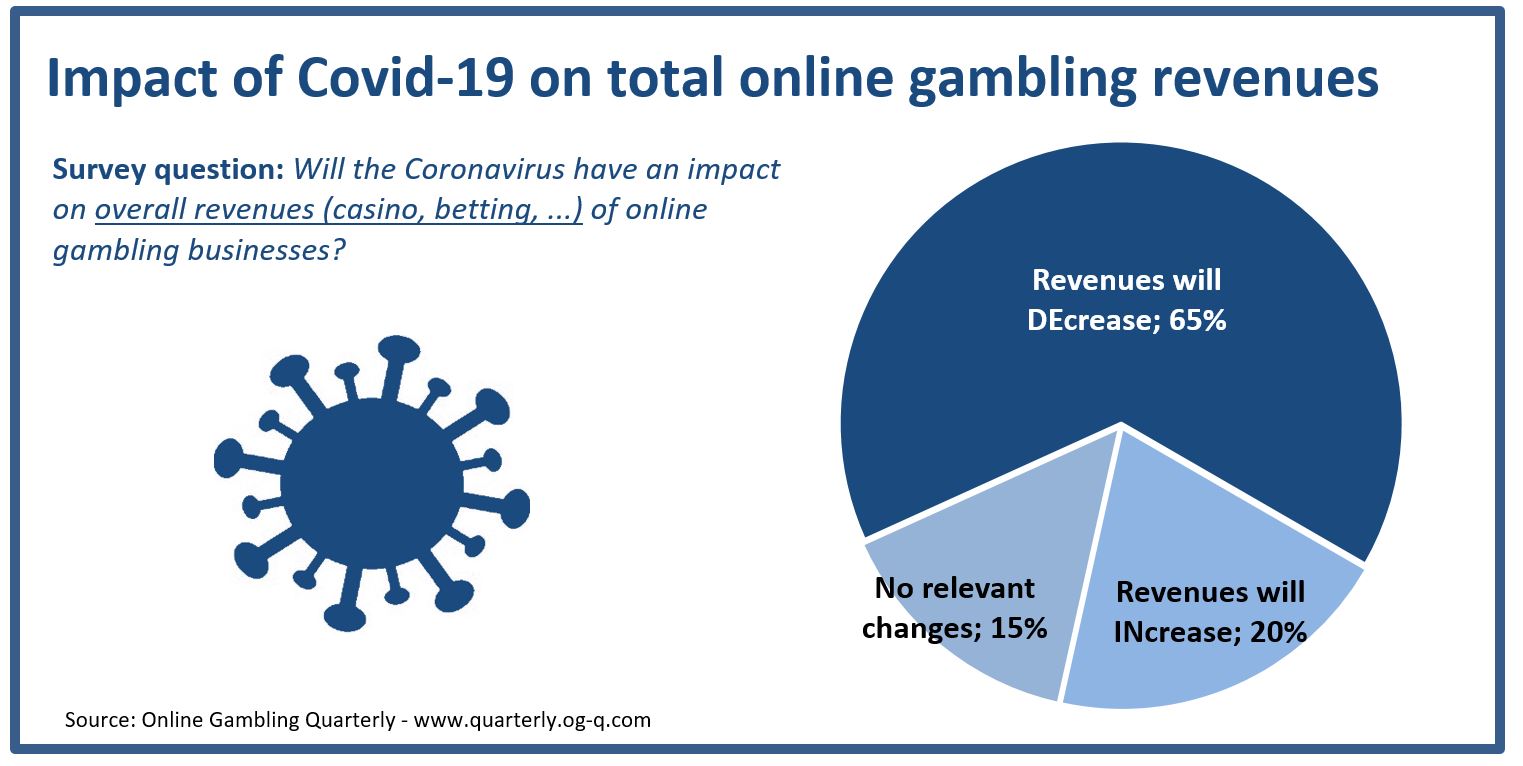Online Gambling Affect Mortgage
ONLINE gambling and evidence on your credit card statements of paying Paddy Power and other internet bookies is a 'red flag' that may stop you getting a mortgage, the Sunday Independent has learned. How you run your current account is of the utmost importance when applying for a mortgage. Yes, it is true that online gambling is frowned up, the annual bet on the National isn't too bad but if you gamble a lot and are borderline for approval then it could be the factor that results in a decline.
- Online Gambling Affect Mortgage Rates
- Online Gambling Affect Mortgage Loans
- Does Online Gambling Affect Getting A Mortgage
- Online Gambling Affect Mortgage Approval
- Online Gambling Affect Mortgage Companies
- Does Online Gambling Affect Mortgage
It probably won’t surprise you that gambling and mortgages generally don’t mix well. When a bank lends you money for a mortgage loan, it means they trust you will be able to pay it back. However, if they see that you’re an active gambler, then this may go against your application.
Nov 09, 2020 Will online banking deposits affect my application process? There is no clear-cut answer for whether or not a mortgage lender will refuse to lend you money based upon your gambling deposits. However, if they can see regular payments into online gambling operator accounts, these may present a cause for concern. So if the question is, does online gambling affect getting a mortgage? The answer is usually yes. It would seem prudent then, that anyone wanting to get a mortgage with gambling income produced a full set of accounts of gambling transactions to identify profit and loss on a year by year, month by month, maybe even week by week basis. Gambling is an issue only if it’s frequent, if you place bets you can’t afford, or if your mortgage advisor thinks it might impact your mortgage repayments. The same goes for spending money on ‘silly’ things. We all do it, so go out and have a good time! Just make sure to follow your budget and to do it all in moderation.
However, it is important to note that there is a difference between those who gamble large amounts of money on a regular basis (including those who are professional gamblers), compared to those who put a small bet on every now and then.
How will gambling affect my mortgage application?
If you’re a professional gambler and you want to use your winnings as evidence that you can afford to take out a mortgage, the banks see this as being a lot riskier than someone who has a job and gambles occasionally, so you may come across a few challenges. However, being a professional gambler and getting a mortgage isn’t impossible. Some lenders who are willing to lend you the money might alleviate this risk by increasing the interest rate and only lending a small amount of money.
You may argue that professional gambling is no greater risk than being self-employed…but lenders see it differently. Gambling is deemed more of a risk than being self-employed especially if there is no trace of regular savings but a build-up of debt instead.
You need to be aware that if you’re a professional gambler, this activity is seen as a risk and could result in your mortgage application being declined.
When won’t gambling affect a mortgage application?
When lenders conduct their affordability checks, they will look at your bank statements from the previous 3-6 months. This means that any gambling during this period will be seen by your potential lender. The primary concern of the lender is that you aren’t getting yourself into debt by funding your gambling. If you’re gambling using your own money and you’re not in any debt, then this is unlikely to have an impact on your mortgage application.

If you only put the odd bet on here and there, you won’t need to worry about gambling affecting your mortgage application. However, it is important to be mindful, if your finances begin due to betting, then this may begin to affect things.
How to get mortgage approved
If you do gamble and you’re worried whether you can get a mortgage, you could try the following things to help improve your situation and get yourself mortgage ready:
- Clear your debts - Clearing off any debt shows that you’re responsible when it comes to your finances.
- Make regular savings- If you can evidence that you have a savings account that you regularly pay into, the lender will see you as a low-risk borrower.
- Good credit history- Work on your credit score if required. Having a good credit history improves your chances of getting a mortgage.
- Stop gambling- The most obvious, but this can only happen if you want to stop.
Get the right mortgage advice
Booking an appointment with a mortgage broker can help you get the advice you need to get yourself onto the property ladder. Your broker will be able to address any queries you may have about your spending habits.
At Mortgage Advice Bureau, we deal with people from all walks of life and we do not judge anyone's personal circumstances - we are simply here to help.
Get help for your gambling addiction
If you’ve previously been refused a mortgage due to gambling, then it may be the right time to seek advice. Visit the GambleAware website for help with a gambling addiction https://about.gambleaware.org/.
For further information call: 0800 652 6649
Email: scotland@mab.org.uk or visit: mortgageadvicebureau.com/scotland
Your home may be repossessed if you do not keep up repayments on your mortgage.
There will be a fee for mortgage advice. The actual amount you pay will depend upon your circumstances.

The fee is up to 1% but a typical fee is 0.3% of the amount borrowed.
Despite what you may have heard, mortgage advisors don’t spend their spare time sitting in a lair somewhere, stroking their beard while devising reasons why you can’t have a mortgage.

In fact there’s a lot of myths out there about what lenders are looking for. Here’s five things that won’t actually ruin your mortgage application.
1. Occasionally gambling or spending your money on stuff you don’t need
Online Gambling Affect Mortgage Rates
There’s a lot of information out there that suggests that any gambling is an absolute no-go, but spending the odd tenner on the races or on what will happen in the Christmas episode of Eastenders isn’t a big deal.

Gambling is an issue only if it’s frequent, if you place bets you can’t afford, or if your mortgage advisor thinks it might impact your mortgage repayments.

The same goes for spending money on ‘silly’ things. We all do it, so go out and have a good time! Just make sure to follow your budget and to do it all in moderation.
2. Applying for a mortgage on your own
Let’s get it out of the way: yes, it is possible to get a mortgage on your todd. However, there are certain considerations, the big one being that your mortgage amount is relative to your income. If you’re in a partnership or are married and want a mortgage, your income is combined.
The deposit is also a lot easier to save up if you’ve got a lovely other half to help out. That said, your mortgage application won’t be rejected because you’re applying on your own.
3. You don’t know what your credit rating is
If you’re a fan of spending but you’re not too good at keeping track of your repayments (sure the money comes out of your account at the end of the month – no bother!), a bad credit rating can impact your application.
Hop over to the Irish Credit Bureau and you can apply for a credit report online for only €6. If your credit rating is on the negative side, make sure to tell your mortgage advisor as soon as possible so you’ll have no financial skeletons waiting to jump out of your closet.
While not knowing won’t cause issues, a bad credit rating will have to be taken into account – but we reckon that’s fair enough!
4. Having a messy paper trail
When you go into your mortgage meeting, the ideal scenario is that you’ll have your documents organised and in tip-top shape. You’ll be able to show your mortgage advisor how much you’ve saved each month, how you spend your money, and how good you’ll be at meeting your mortgage repayments.
While that certainly helps things along, a messy paper trail isn’t the end of the world. Incase your paperwork has disappeared to the same place as all your matching socks, these are the documents you’ll need to bring to your mortgage meeting:
PAYE employees
• Photo ID
• Proof of address
• P60 (or 3 months consecutive payslips)
• Certificate of income
• Bank statements for the last 6 months
Self-employed
• Photo ID
• Proof of address
• 3 years audited/trading accounts
• Confirmation of your tax position
• 3 years Revenue Notice of Assessment
• 6 months business current account statements
5. Being in negative equity
Negative equity happens when the value of your house is less than the amount you owe on your mortgage; if you sold your house, you wouldn’t be able to fully clear your mortgage.
A lot of Next Time Buyers think that being in negative equity means they won’t be able to get another mortgage, but that’s not true.
With Negative Equity Home Movers, you can transfer the outstanding balance to a new loan on your next house. As with most second houses, you can decide whether to trade up or down (finances pending).
Online Gambling Affect Mortgage Loans
Thinking of applying for a mortgage?
Does Online Gambling Affect Getting A Mortgage
Whether you’re a first time or next time buyer, EBS has options to suit you. If you want to buy a house or you’re considering trading up or down, try our mortgage calculators or book a 30 minute mortgage meeting now!
Online Gambling Affect Mortgage Approval
EBS d.a.c. is regulated by the Central Bank of Ireland.
Online Gambling Affect Mortgage Companies
The content of this blog is expressed in broad terms and is limited to general information purposes only. Readers should always seek professional advice to address issues arising in specific contexts and not seek to rely on the information in this blog which does not constitute any form of advice or recommendation by EBS d.a.c.
Does Online Gambling Affect Mortgage
EBS d.a.c. neither accepts nor assumes any responsibility in relation to the contents of this blog and excludes all warranties, undertakings and representations (either express or implied) to the fullest extent permitted under applicable law.